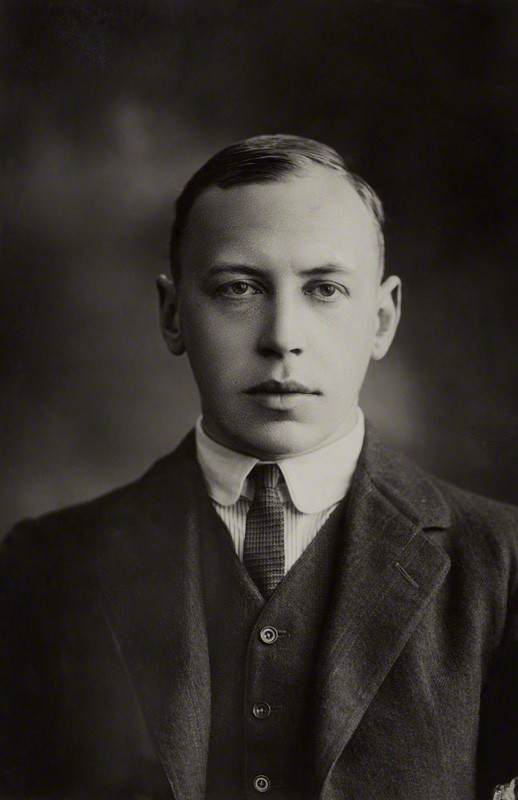Alzuna

Alfred Noyes, (born Sept. 16, 1880, Wolverhampton, Staffordshire, Eng.—died June 28, 1958, Isle of Wight), English poet, a traditionalist remembered chiefly for his lyrical verse. Noyes’ first volume of poems, The Loom of Years (1902), published while he was still at the University of Oxford, was followed by others that showed patriotic fervor and a love for the sea. He taught modern English literature at Princeton University in the United States from 1914 to 1923. Of Noyes’s later works, the most notable is the epic trilogy The Torch-Bearers (1922–30), which took as its theme the progress of science through the ages. His autobiography, Two Worlds for Memory, appeared in 1953. Noyes married Garnett Daniels in 1907, and they had three children. His increasing popularity allowed the family to live off royalty checks. In 1914, Noyes accepted a teaching position at Princeton University, where he taught English Literature until 1923. He was a noted critic of modernist writers, particularly James Joyce. Likewise, his work at this time was criticized by some for its refusal to embrace the modernist movement. After the death of his wife, Garnett in 1926, Noyes converted to Roman Catholicism and married his second wife, Mary Angela Mayne Weld-Blundell. In 1929, the family moved to Lisle Combe, St Lawrence, Isle of Wight where Noyes continued to write essays and poems, culminating in the collection, Orchard's Bay (1939). Alfred Noyes died on June 25, 1958, and was buried on the Isle of Wight.